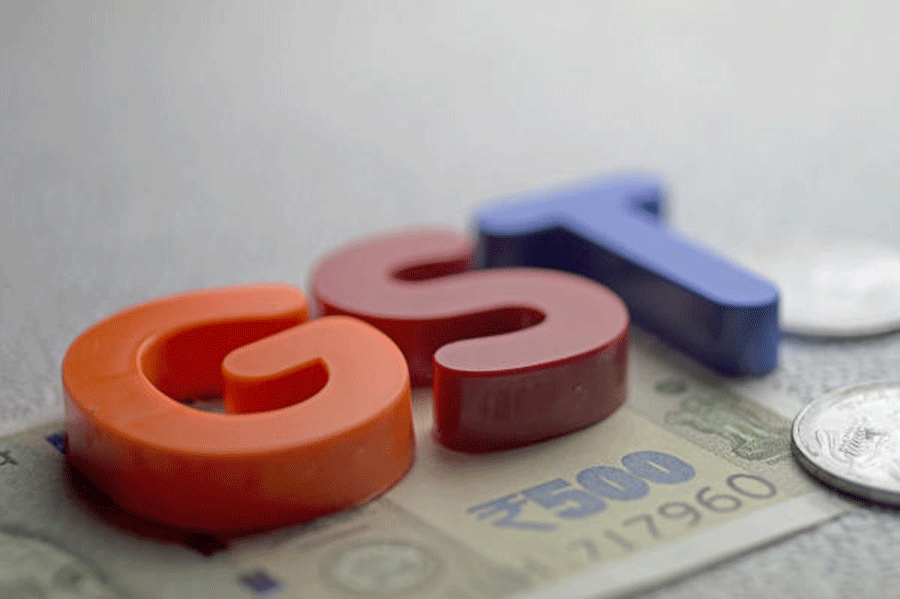India’s Goods and Services Tax (GST) Council is expected to decide whether tax ought to be levied on corporate and personal guarantees on loans or debt issuances.
Such a tax has long been under debate in the country.
The decision will be taken by the GST Council, which consists of federal finance minister and state finance ministers, in its next meeting on October 7.
According to a proposal that the GST Council will consider, an 18 per cent tax would be applicable on the declared value of the corporate guarantee, or 1 per cent of the guaranteed amount in cases where the value of commission for the guarantee is not known.
Companies provide guarantees to banks on behalf of their holding companies or subsidiaries and charge a fee. The fee or commission depends on the creditworthiness of the firm or the amount guaranteed, among others.
The council is likely to cut the tax on millet flour to zero from 18 per cent but will not provide any relief to EV batteries.
At their meeting on Saturday (October 7), the members of the council will get an opportunity to review the levy on online gaming and obtain an update on the GST Appellate Tribunals.
The case to lift the 18 per cent levey on millet flour preparations at the meeting will give a boost to the Centre’s drive to encourage the consumption of millets as the traditional grains are not only nutritious but also climate resilient — they need less water and chemicals to grow.
India is the second-biggest exporter of millets and its top producer.
Sources said the GST fitment committee has rejected the auto industry’s demand to reduce the tax on EV batteries to 5 per cent from 18 per cent.
Lithium-ion batteries have multiple uses in mobiles and portable electronics as well as in electric vehicles, which is why the Council is against a sector-specific relief.
RIL battery push
Reliance Industries showcased its swappable and multipurpose battery storage technology for EVs on Wednesday at Greater Noida.
Removable and swappable batteries that can also be used to power household appliances through an inverter were on display.
With inputs from Reuters











